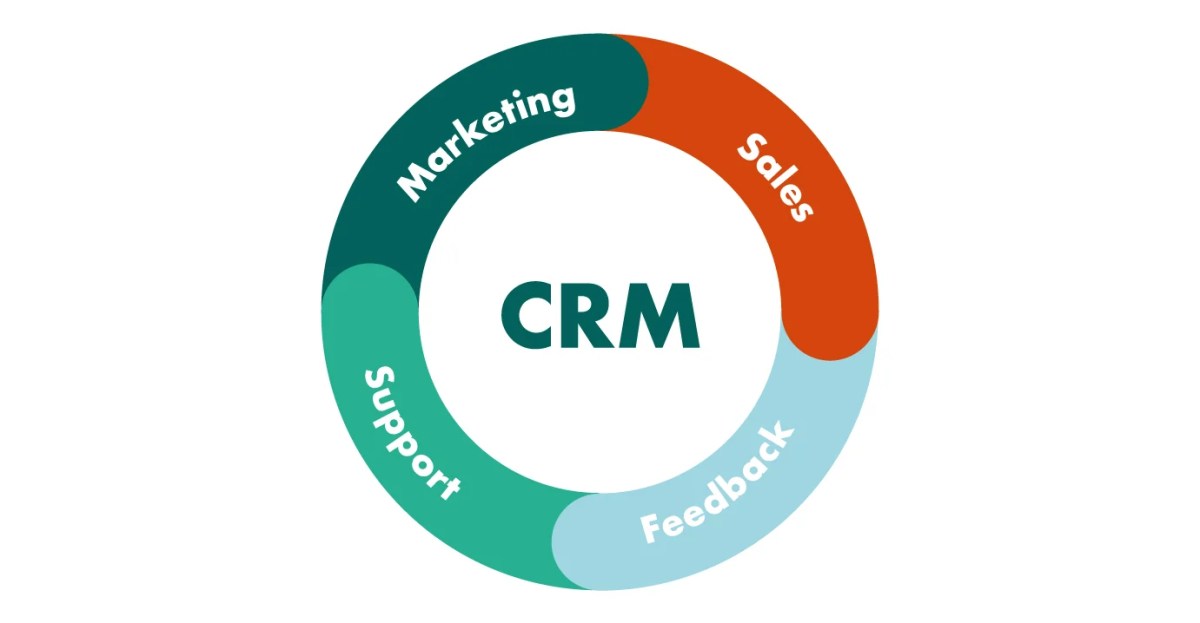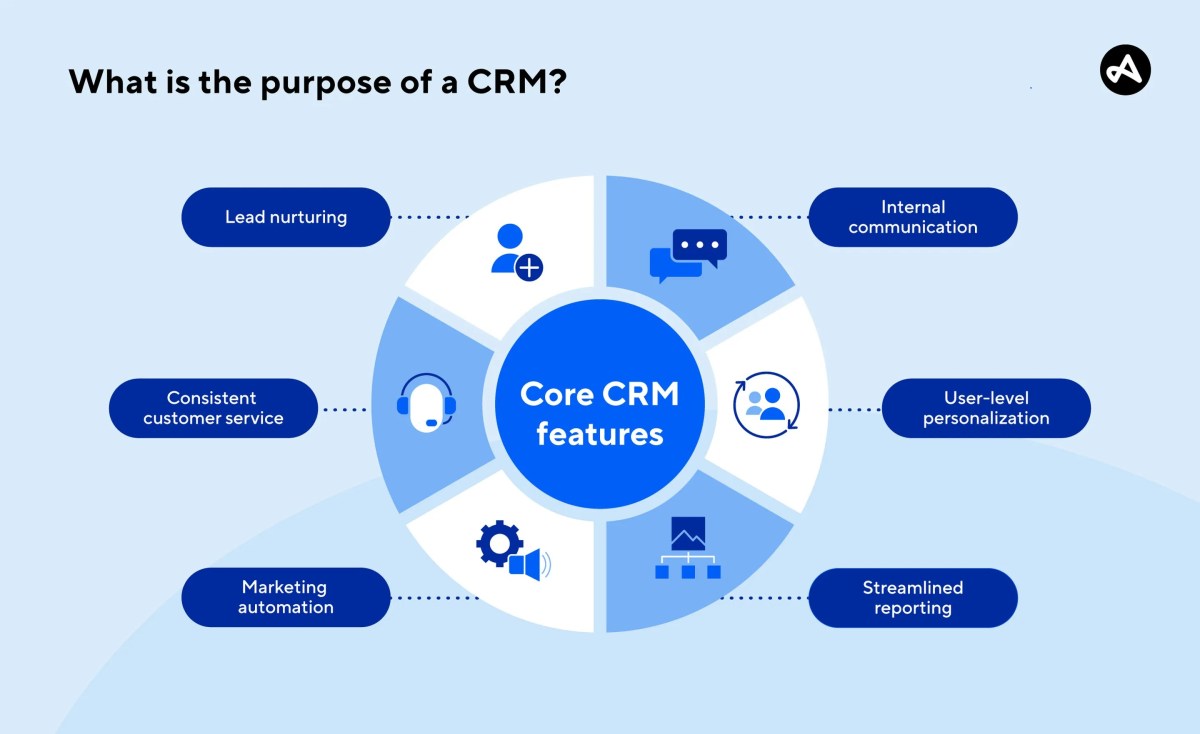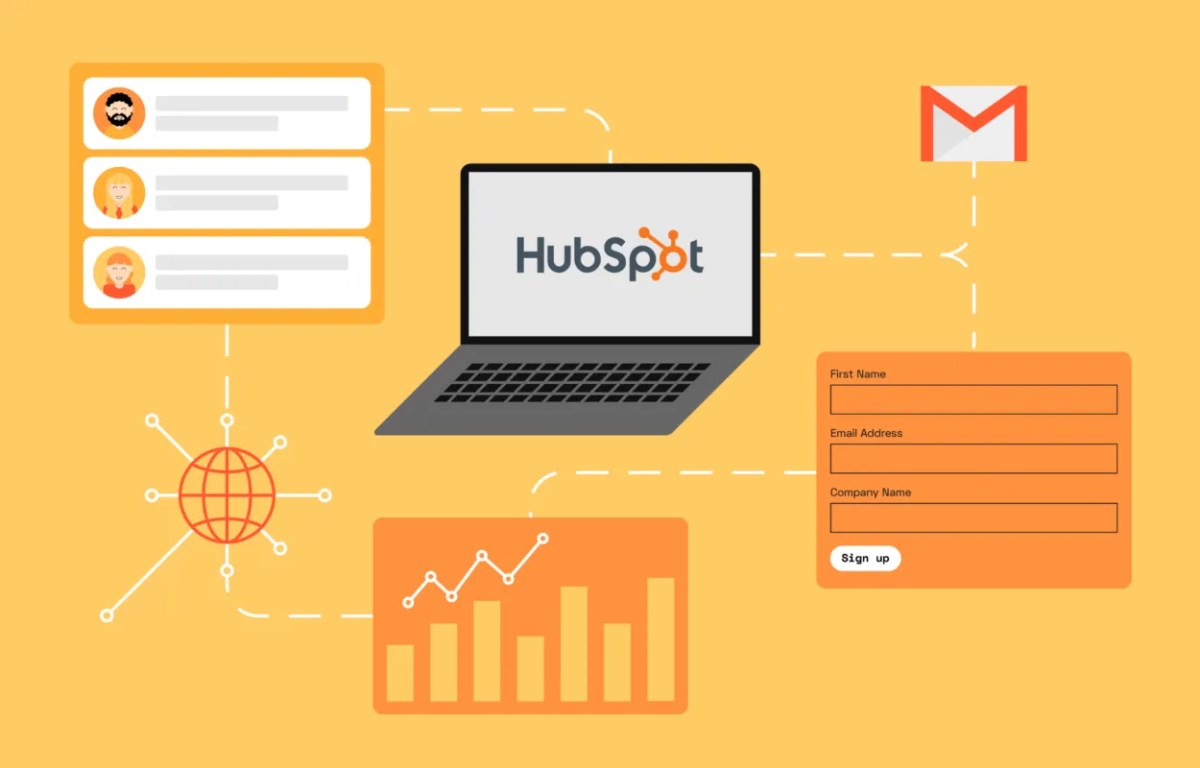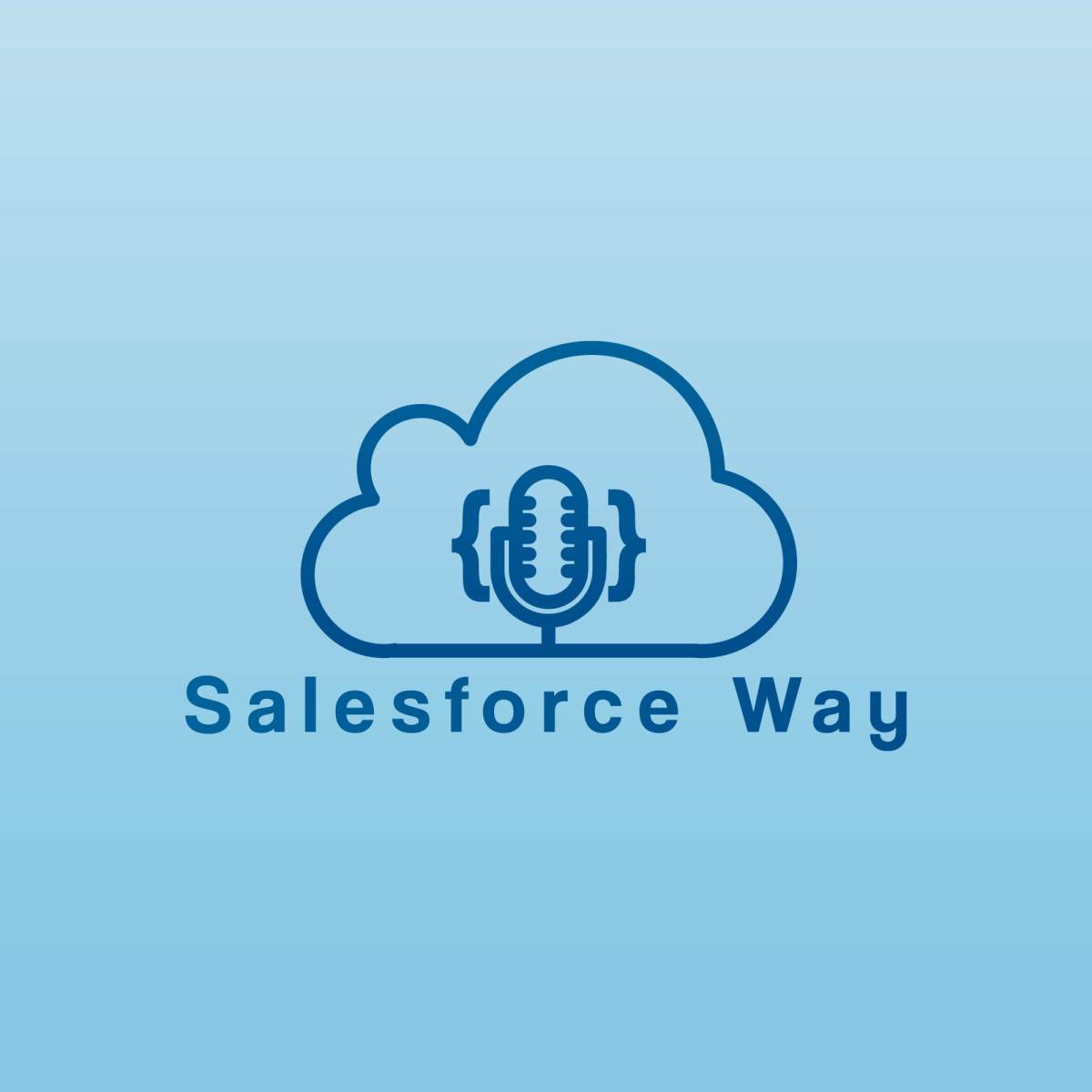Salesforce CRM Cost: 7 Shocking Truths You Must Know in 2025
Thinking about adopting Salesforce but unsure about the real Salesforce CRM cost? You’re not alone. Many businesses are lured by its powerful features but stunned by the final price tag. Let’s break down exactly what you’ll pay—and why.
Salesforce CRM Cost: The Big Picture

When people ask about Salesforce CRM cost, they often expect a simple answer. Unfortunately, it’s not that straightforward. Salesforce doesn’t publish fixed prices. Instead, it offers a modular, tiered pricing model that scales with your business needs, user count, and required features. This flexibility is powerful—but it also makes budgeting tricky.
Why Salesforce Doesn’t Have a One-Size-Fits-All Price
Salesforce is designed to serve everyone—from small startups to global enterprises. This means its pricing is highly customizable. You don’t pay for what you don’t need, but you also can’t get enterprise-grade tools on a starter budget. The platform’s modular nature allows companies to pick specific editions and add-ons, which directly impacts the final Salesforce CRM cost.
- Each edition (Essentials, Professional, Enterprise, Unlimited) offers different capabilities.
- Add-ons like Marketing Cloud, Sales Cloud, or Service Cloud increase costs significantly.
- Implementation, training, and customization are often separate expenses.
How Salesforce Pricing Works: Per User, Per Month
The most common pricing structure is per user, per month, billed annually. However, many organizations underestimate the total cost because they only consider the base license fee. Hidden costs—like integration, data migration, and third-party apps—can double or even triple your initial estimate.
For example, a small team of 10 users might start at $25 per user/month for Essentials, totaling $3,000 annually. But if they later upgrade to Enterprise edition with advanced automation and analytics, that same team could pay $300 per user/month—$36,000 per year. That’s a 1,100% increase.
“Salesforce is not just a software purchase—it’s an investment in business transformation.” — Gartner Research
Breaking Down Salesforce CRM Cost by Edition
To understand the true Salesforce CRM cost, you need to examine each edition. Each tier unlocks more features, better automation, and deeper customization. Let’s explore the pricing and capabilities of the most popular editions.
Salesforce Essentials: Entry-Level at $25/User/Month
Salesforce Essentials is the most affordable option, designed for small businesses with up to 10 users. It includes basic CRM functions like contact management, lead tracking, and email integration. While it’s the cheapest in terms of Salesforce CRM cost, it lacks advanced reporting, workflow automation, and API access.
- Ideal for startups and solopreneurs.
- Limited customization and no Apex coding.
- Available only via Salesforce’s website or partners.
Despite its low price, Essentials may not scale well. Businesses often outgrow it within 12–18 months, forcing an upgrade that increases the overall Salesforce CRM cost.
Salesforce Professional: $75/User/Month for Mid-Sized Teams
The Professional edition is the most popular choice for growing businesses. It includes workflow automation, advanced reporting, and API access—features essential for sales and service teams. At $75 per user/month, it’s three times the cost of Essentials, but the added functionality justifies the price for many.
- Supports custom apps and page layouts.
- Includes Salesforce AppExchange integration.
- Allows basic automation with Process Builder.
However, Professional lacks advanced features like Apex triggers or sandbox environments, which are critical for developers. If your team plans to build custom solutions, you’ll need to upgrade to Enterprise—another jump in Salesforce CRM cost.
Salesforce Enterprise: $150/User/Month for Full Customization
At $150 per user/month, the Enterprise edition unlocks full customization capabilities. This includes Apex coding, sandbox environments, and advanced security controls. It’s ideal for medium to large businesses that need tailored workflows, complex integrations, and dedicated support.
- Full API access and unlimited custom apps.
- Dedicated customer support and SLAs.
- Advanced analytics and forecasting tools.
While Enterprise offers the most flexibility, it also comes with higher implementation costs. Companies often spend thousands on consulting, data migration, and training—adding significantly to the total Salesforce CRM cost.
Salesforce Unlimited: $400/User/Month for Enterprise Giants
For large enterprises with complex needs, Salesforce Unlimited is the top-tier option at $400 per user/month. It includes everything in Enterprise plus 24/7 premium support, additional storage, and access to specialized consulting services.
- Ideal for Fortune 500 companies and global organizations.
- Includes unlimited sandboxes and enhanced data retention.
- Access to Salesforce’s Premier Success Plan.
While the per-user cost is steep, Unlimited reduces long-term operational risks. However, only a small percentage of businesses truly need this level of service—making it overkill (and overpriced) for most.
Hidden Costs That Inflate Salesforce CRM Cost
The listed price per user is just the beginning. Many companies are shocked when they see their final invoice because they didn’t account for hidden or indirect costs. Let’s uncover the most common budget busters.
Implementation and Consulting Fees
Implementing Salesforce isn’t a DIY project for most. You’ll likely need a certified consultant or partner to configure workflows, migrate data, and train users. These services can cost anywhere from $5,000 to $100,000+, depending on complexity.
- Simple setups: $5,000–$15,000.
- Medium complexity: $15,000–$50,000.
- Enterprise rollouts: $50,000–$100,000+.
According to Nucleus Research, the average company spends 1.5x to 2x the annual license fee on implementation alone. That means a $30,000/year license could cost $60,000+ to deploy.
Customization and Development Costs
If your business has unique processes, you’ll need custom fields, workflows, or even custom apps. Salesforce developers charge between $100–$200/hour. A single automation rule or integration can take 10–20 hours, adding $1,000–$4,000 to your bill.
- Custom Apex development: $150/hour average.
- Lightning component creation: $2,000–$5,000 per component.
- Third-party integration (e.g., ERP, marketing tools): $5,000–$20,000.
Over time, these costs accumulate. A study by Gartner found that 60% of Salesforce users exceed their initial budget due to unplanned customization.
Training and User Adoption Programs
Even the best CRM fails if users don’t adopt it. Salesforce recommends allocating 10–15% of your total budget for training. This includes onboarding sessions, user guides, and ongoing support.
- Basic training: $500–$1,000 per user.
- Advanced admin training: $2,000–$5,000 per admin.
- Adoption platforms (e.g., Salesforce Adoption Center): $10,000+/year.
Poor adoption leads to wasted licenses and low ROI. Companies that skip training often see 30–50% of users abandoning the system within six months.
Salesforce CRM Cost vs. Competitors: Is It Worth It?
To evaluate whether the Salesforce CRM cost is justified, let’s compare it to top competitors like HubSpot, Zoho CRM, and Microsoft Dynamics 365.
HubSpot CRM: Free Tier vs. Salesforce’s Paid Entry
HubSpot offers a robust free CRM with contact management, email tracking, and basic automation. Its paid tiers start at $45/month for Sales Hub Professional—cheaper than Salesforce Professional at $75.
- HubSpot’s free plan includes pipelines, tasks, and meeting scheduling.
- Paid plans offer automation, reporting, and integrations.
- Best for marketing-heavy teams and SMBs.
However, HubSpot lacks Salesforce’s depth in customization and scalability. For complex sales processes, Salesforce still wins—despite the higher Salesforce CRM cost.
Zoho CRM: Affordable Alternative at $14–$52/User/Month
Zoho CRM is one of the most cost-effective options, with plans starting at $14/user/month. Its Enterprise plan ($52) includes AI-powered forecasting and workflow automation—features that rival Salesforce Professional.
- Ideal for small to mid-sized businesses.
- Strong integration with Zoho’s ecosystem.
- Lower learning curve than Salesforce.
But Zoho falls short in global support, third-party integrations, and enterprise-grade security. For multinational companies, the lower Zoho price may not justify the trade-offs.
Microsoft Dynamics 365: Comparable Pricing, Different Ecosystem
Dynamics 365 starts at $65/user/month for Sales Professional and goes up to $225 for Enterprise. This puts it in the same ballpark as Salesforce Professional and Enterprise.
- Deep integration with Microsoft 365 and Azure.
- Strong ERP and financials integration.
- Preferred by organizations already using Microsoft stack.
While Dynamics 365 is competitive on price, Salesforce leads in AppExchange (over 3,000 apps vs. 1,000 for Dynamics) and user community size. This ecosystem advantage often justifies the higher Salesforce CRM cost for many.
How to Reduce Your Salesforce CRM Cost
You don’t have to pay full price. With smart planning, you can significantly reduce your Salesforce CRM cost without sacrificing functionality.
Negotiate with Salesforce or a Partner
Salesforce rarely gives discounts publicly, but they’re often available. If you’re signing a multi-year contract or buying in bulk (50+ users), you can negotiate 10–30% off. Working with a Salesforce partner can also unlock volume pricing and bundled services.
- Ask for annual billing discounts.
- Negotiate free training or implementation credits.
- Consider partner-led deals for better terms.
According to Forrester, 70% of mid-sized companies secure discounts when they negotiate directly or through partners.
Start Small and Scale Gradually
Don’t overbuy licenses or features upfront. Start with a pilot group, use Essentials or Professional, and upgrade only when necessary. This phased approach prevents wasted spending and allows your team to adapt.
- Begin with 5–10 users to test adoption.
- Use free trials and sandboxes to evaluate features.
- Upgrade editions only after proving ROI.
Many companies save 20–40% in the first year by avoiding over-provisioning.
Leverage Free Tools and Community Resources
Salesforce offers a wealth of free resources that reduce training and development costs. Trailhead, its free learning platform, has over 2,000 modules. You can train admins and developers at no cost.
- Trailhead: Free certifications and hands-on learning.
- Developer Edition: Free sandbox for testing.
- Trailblazer Community: Peer support and best practices.
Using these tools can cut training costs by 50% or more—directly lowering your total Salesforce CRM cost.
Salesforce CRM Cost for Specific Industries
The Salesforce CRM cost varies by industry due to specialized needs, compliance requirements, and integration complexity. Let’s look at how healthcare, finance, and retail pay differently.
Healthcare: HIPAA Compliance Adds $10K–$50K
Healthcare organizations must comply with HIPAA, which requires enhanced security, audit trails, and data encryption. Salesforce offers Health Cloud, but it comes with additional licensing and configuration costs.
- Health Cloud add-on: $100–$200/user/month.
- HIPAA compliance setup: $10,000–$50,000 one-time.
- Integration with EHR systems: $20,000+.
While the base Salesforce CRM cost may be manageable, compliance pushes total costs much higher.
Financial Services: Higher Security, Higher Price
Banks and fintech firms use Financial Services Cloud, which includes client onboarding, wealth management, and regulatory reporting. This specialized edition starts at $300/user/month—double the Enterprise price.
- Requires multi-factor authentication and role-based access.
- Needs integration with KYC and AML systems.
- Often requires sandbox testing for compliance.
The Salesforce CRM cost in finance is among the highest due to security and regulatory demands.
Retail and E-Commerce: Omnichannel Integration Costs
Retailers use Salesforce Commerce Cloud and Service Cloud to unify online and in-store experiences. While powerful, these integrations require significant development and data syncing.
- Commerce Cloud: $1,000–$5,000/month minimum.
- Service Cloud: $75–$150/user/month.
- Integration with Shopify, Magento, or ERP: $15,000–$100,000.
Retailers often face the highest total Salesforce CRM cost due to complex omnichannel needs.
Future Trends Affecting Salesforce CRM Cost
The Salesforce CRM cost isn’t static. Several trends are shaping how much you’ll pay in the coming years.
AI and Einstein Analytics: Premium Pricing Ahead
Salesforce Einstein AI is becoming a core part of the platform. While basic AI features are included in Enterprise, advanced predictive analytics and automation require add-on licenses.
- Einstein Analytics: $75–$150/user/month.
- Einstein Prediction Builder: $50/user/month.
- AI-driven insights are becoming mandatory for competitive advantage.
Expect AI features to become a standard cost component, increasing the base Salesforce CRM cost over time.
Subscription Fatigue and Bundling Strategies
As companies face rising SaaS costs, Salesforce is responding with bundled packages like “Salesforce Plus” and industry-specific suites. These bundles offer discounts but may include tools you don’t need.
- Bundled suites reduce per-product cost.
- But they can lead to feature bloat and underutilization.
- Smart buyers should audit needs before committing.
The trend toward bundling could either lower or inflate your Salesforce CRM cost—depending on how you manage it.
Cloud Consolidation and Multi-Cloud Strategies
More companies are adopting multi-cloud strategies, integrating Salesforce with AWS, Google Cloud, or Azure. While this improves flexibility, it also increases complexity and cost.
- Data syncing across clouds: $10,000–$50,000/year.
- Security and governance tools: $5,000–$20,000/year.
- Need for cloud architects and integration specialists.
As cloud ecosystems grow, the indirect Salesforce CRM cost will rise unless managed proactively.
Real-World Salesforce CRM Cost Examples
Let’s look at three real companies and their actual Salesforce CRM cost to see how pricing plays out in practice.
Startup with 10 Users: $3,000–$8,000 First Year
A tech startup uses Salesforce Essentials at $25/user/month. Total license cost: $3,000/year. They spend $2,000 on a consultant for setup and $3,000 on training. Total first-year cost: $8,000.
- Licenses: $3,000.
- Implementation: $2,000.
- Training: $3,000.
They plan to upgrade to Professional in Year 2, increasing costs to $15,000+.
Mid-Sized Company with 50 Users: $75,000–$120,000
A manufacturing firm uses Salesforce Enterprise at $150/user/month. Licenses: $90,000/year. They spend $20,000 on integration with their ERP and $10,000 on training. Total: $120,000.
- Licenses: $90,000.
- Integration: $20,000.
- Training & Support: $10,000.
They negotiated a 15% discount on licenses, saving $13,500.
Enterprise with 500 Users: $1M+ Annual Spend
A global bank uses Salesforce Unlimited at $400/user/month. Licenses: $2.4 million/year. Add $300,000 for Financial Services Cloud, $200,000 for implementation, and $100,000 for training. Total: ~$3 million.
- Licenses: $2.4M.
- Industry Cloud: $300K.
- Custom Development: $200K.
- Training & Support: $100K.
Despite the high Salesforce CRM cost, they report a 300% ROI from improved customer retention and sales efficiency.
What is the starting price for Salesforce CRM?
Salesforce CRM starts at $25 per user per month for the Essentials edition. This plan is designed for small businesses and includes basic contact and lead management, email integration, and mobile access. However, most growing businesses quickly move to the Professional edition at $75/user/month for more advanced features.
Is Salesforce worth the cost?
For many businesses, yes—especially those that need scalability, customization, and deep integration. Salesforce leads in market share, ecosystem, and innovation. However, it’s overkill for simple CRM needs. Companies should evaluate ROI, user adoption, and long-term goals before committing.
Can I reduce my Salesforce CRM cost?
Absolutely. You can reduce costs by negotiating discounts, starting with a smaller rollout, using free Trailhead training, and avoiding unnecessary add-ons. Many companies save 20–30% by planning strategically and leveraging partner deals.
Does Salesforce charge for implementation?
Salesforce does not include implementation in the license fee. You’ll pay separately for consulting, data migration, and customization. These costs can range from $5,000 for small setups to $100,000+ for enterprise deployments.
Are there any free alternatives to Salesforce?
Yes. HubSpot CRM offers a powerful free plan with contact management, pipelines, and email tracking. Zoho CRM also has a free tier for up to 3 users. While they lack Salesforce’s depth, they’re excellent for startups and small teams on a budget.
Understanding the true Salesforce CRM cost goes far beyond the per-user price. It includes licensing, implementation, customization, training, and ongoing support. While Salesforce is one of the most powerful CRMs available, its cost can spiral without careful planning. By choosing the right edition, negotiating wisely, and leveraging free resources, you can maximize ROI and avoid budget overruns. Whether you’re a startup or a global enterprise, a clear understanding of the total cost will help you make a smarter investment.
Further Reading:



